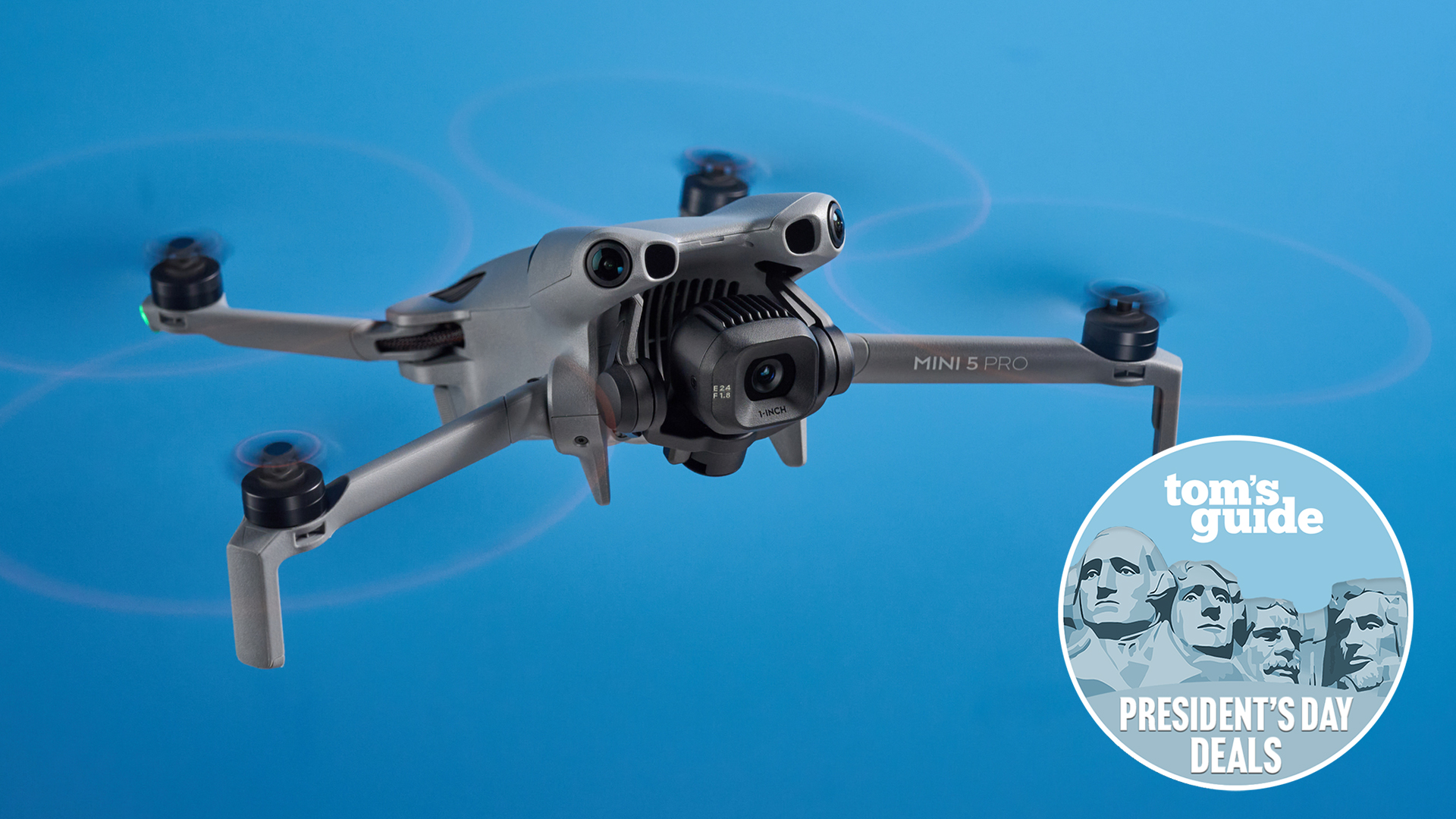These popular browsers are hungriest for your data — here's how to avoid them
Your location, IP address, and browsing history can all be collected
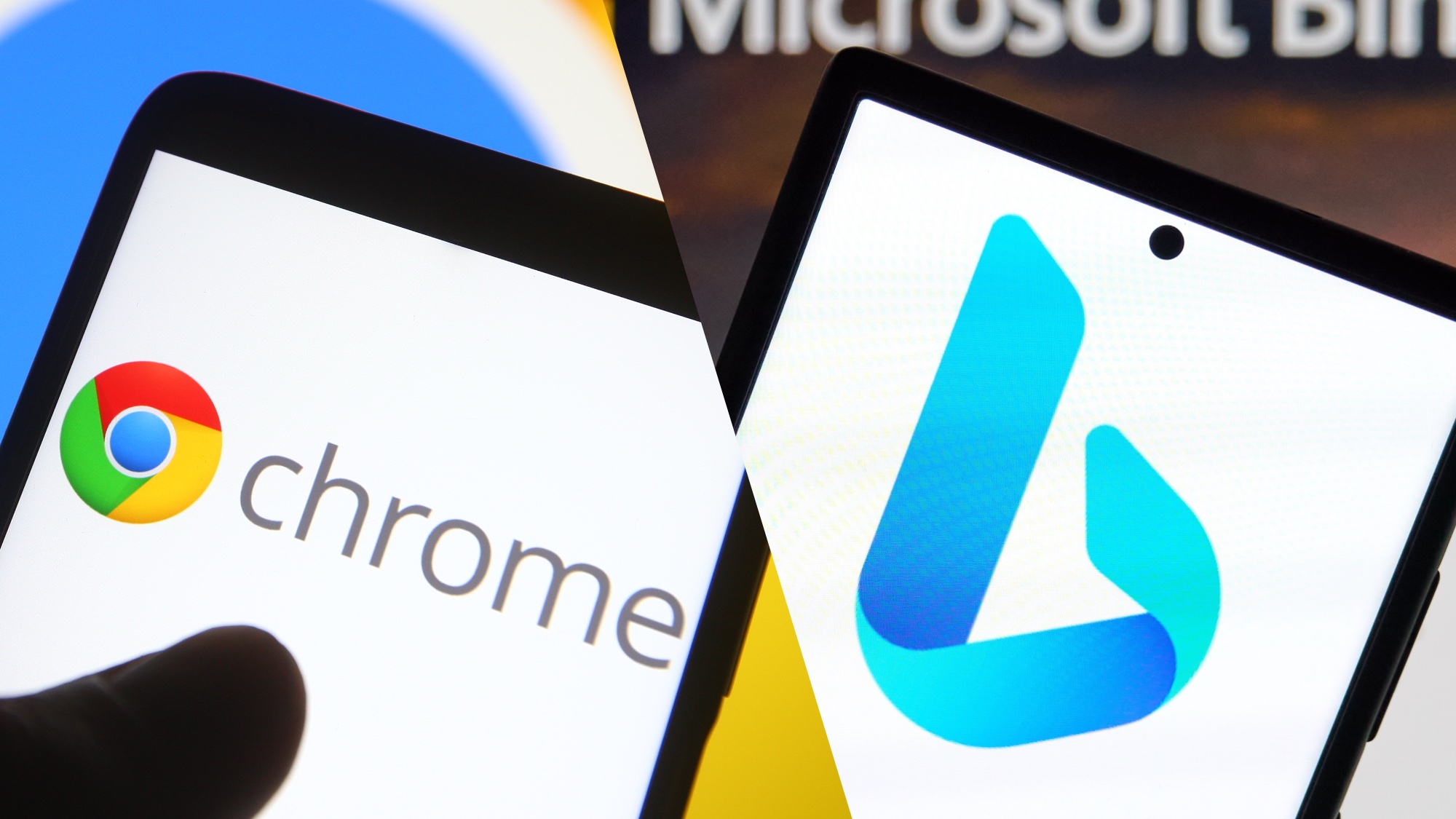
Here at Tom’s Guide our expert editors are committed to bringing you the best news, reviews and guides to help you stay informed and ahead of the curve!
You are now subscribed
Your newsletter sign-up was successful
Want to add more newsletters?

Daily (Mon-Sun)
Tom's Guide Daily
Sign up to get the latest updates on all of your favorite content! From cutting-edge tech news and the hottest streaming buzz to unbeatable deals on the best products and in-depth reviews, we’ve got you covered.

Weekly on Thursday
Tom's AI Guide
Be AI savvy with your weekly newsletter summing up all the biggest AI news you need to know. Plus, analysis from our AI editor and tips on how to use the latest AI tools!

Weekly on Friday
Tom's iGuide
Unlock the vast world of Apple news straight to your inbox. With coverage on everything from exciting product launches to essential software updates, this is your go-to source for the latest updates on all the best Apple content.

Weekly on Monday
Tom's Streaming Guide
Our weekly newsletter is expertly crafted to immerse you in the world of streaming. Stay updated on the latest releases and our top recommendations across your favorite streaming platforms.
Join the club
Get full access to premium articles, exclusive features and a growing list of member rewards.
The internet is designed to collect your data. Whether it's cookies, trackers, or permissions, your data is always up for grabs – and your browser is one of the most guilty suspects.
One of the best VPNs, Surfshark, has analyzed 10 of the most popular mobile internet browsers to determine how much data each one collects.
Google Chrome collects the most data by far, and 30% of the browsers analyzed share your data with third-parties.
Safari also collects a large amount of data, and together with Chrome, the two occupy 90% of the mobile browser market share. That's a lot of data.
But not every browser analyzed collects huge amounts of data, and there are steps that can be taken to avoid mass data collection – here's what you need to know.
This article was edited on May 19, 2025, to clarify "coarse" location data and its implications.
20 different data types
Surfshark's research found that Google Chrome was the most data-hungry browser, collecting 20 different data types.
Contact information, financial details, location, browsing history, usage data, and identifiers are just some of the data Chrome collects. It is thanks in part to the Google ecosystem, with Google Drive, Maps, and Mail all seamlessly integrated into the browser.
Chrome is the only browser analyzed that collects financial information such as payment methods, card numbers, and bank account details. It's also the only one to collect contacts from the user's phone or address book. However, it is worth noting that some of this information is provided voluntarily by users – having Chrome remember card details for example.
Bing was the second-hungriest browser, collecting 12 data types. Pi Browser was third, collecting nine types of data. Safari and Firefox were tied for fourth place, each collecting eight data types.
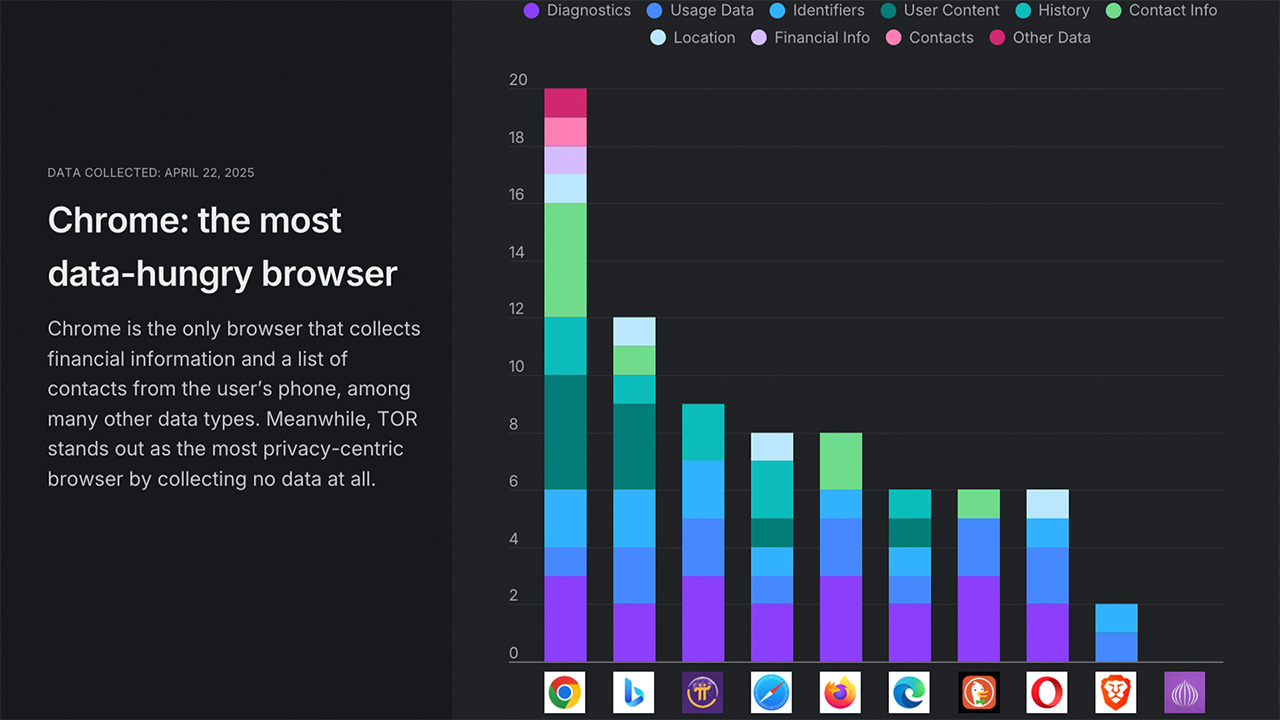
Some browsers are better than others
The average number of data types collected across the 10 browsers was six, and only two browsers collected fewer data types than this.
The privacy-focused browser, Brave, collected only two data types – identifiers and usage data.
The Tor Browser was by far the most secure browser analyzed, collecting no data. Tor is a decentralized network designed to protect user anonymity and prevent tracking. It's certainly not the fastest or feature-packed browser, but is an excellent choice for maximizing privacy and security.
DuckDuckGo and Firefox are two browsers that have decent privacy credentials, and Surfshark rated their data collection as "moderate" – Opera also falls into this category.
They avoid collecting sensitive data, but do collect contact information, identifiers, usage data, and diagnostics.
They could be seen as browsers for those with moderate privacy concerns who still require robust browsing capabilities.
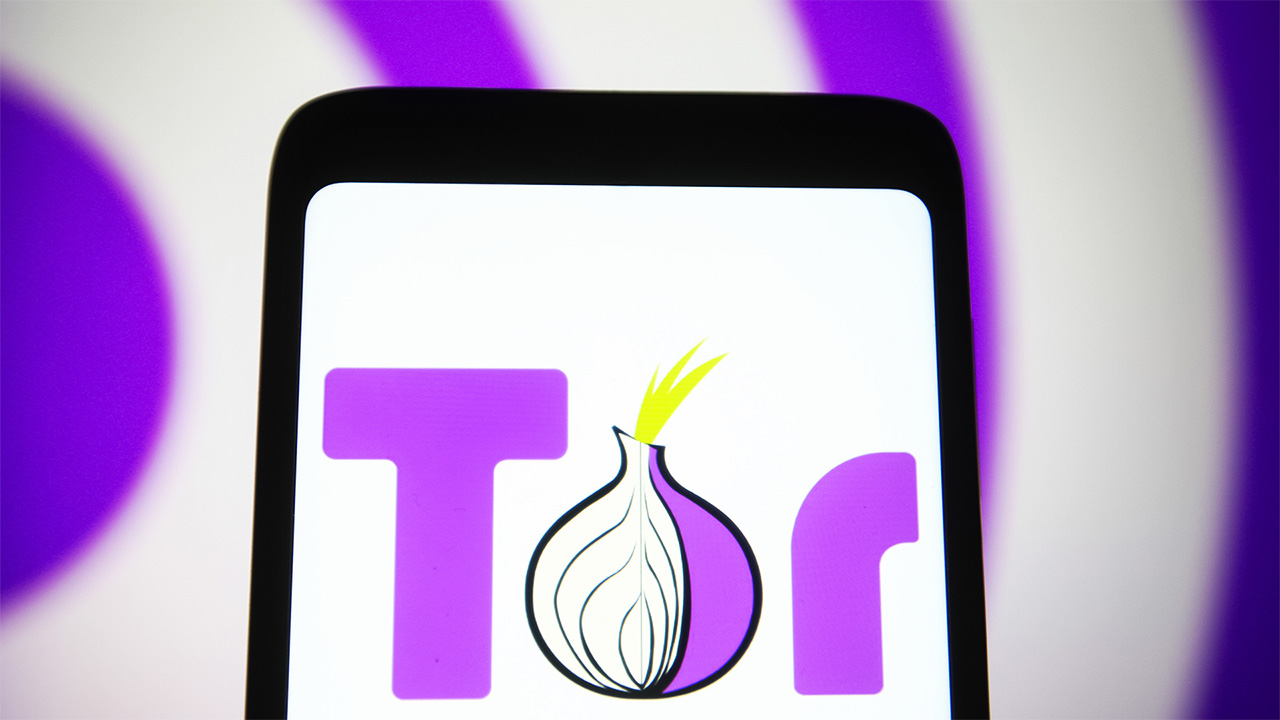
Third-party data sharing
30% of the browsers analyzed shared data with third-parties. Data is collected for advertising purposes, with Opera, Bing, and Pi Browser being able to do so.
40% of browsers were also found to have the capability to collect your location. However, Surfshark's data needs a little clarification, here.
Bing was the only browser to collect precise location data, which is a big red flag.
Safari, Chrome, and Opera are stated to collect "coarse" location data.
In human terms, collecting a user's "coarse" location means that the user can give consent to the browser to know their location, but it is not necessarily active by default.
This does not mean that these browsers are tracking your every move, and they require you to accept these terms before any location data is stored.

Given Opera's reputation as a privacy-focused browser, we asked them about these findings.
Michael Tegos, Product Marketing Manager, Privacy and Security, at Opera said it is open about its data collection and does so in order to "make better browsers" and monetize its free products. It details the data collected in its privacy statement.
"We do this only upon consent and in such a way that our users remain anonymous to us, through the use of randomized user IDs that are not associated with any real-world identity," Tegos added.
Opera users can revoke this consent at any time through their browser settings, and all data collection can be opted out of – which is more than can be said for many other browsers.
Tegos also highlighted Opera's built-in Ad Blocker and Tracker Blocker, as well as its built-in VPN.
"Opera VPN is also a no-log service, meaning that it never collects or stores user data," said Tegos.
"Our no-log policy has been independently audited by Deloitte, a trusted auditor of VPN services. We also publish a bi-annual Transparency Report, outlining how many requests for data we get from law enforcement authorities."
First steps to take
Tomas Stamulis, Chief Security Officer at Surfshark, shared initial steps users can take to secure their personal data.
- Allow permissions: Storage (to save downloads), a camera and microphone if you use video calls.
- Deny or restrict permissions: Location, contacts, SMS, and phone access – unless absolutely required.
- On Android: Use “Only While Using App” or “Ask Every Time” when granting permissions like location or microphone.
- Choose privacy-focused browsers that collect data strictly necessary for browsing.
- Turn off the personalization settings on your browser app: Syncing with your Google/Microsoft account, Ad personalization, Activity tracking (location history, web & app activity)
- On Android: Go to Settings > Privacy > Ads > Opt out of ad personalization
- Revisit app permissions monthly – many apps request more than they need over time.

"In public, it is often explained that browsers collect the data to personalize and improve a user's experience," Stamulis said.
"If we rely on this explanation, it appears that the more data you provide, the smoother and seamless your browsing should be. In any case, this study from Surfshark is a reminder to look through your browser app permissions," he added.
Use a VPN and a tracker blocker
In order to protect your data when browsing, you might want to consider using a VPN. Your data and internet traffic is encrypted, plus your IP address is masked.
Leading, reputable VPN providers will not log or share your data, keeping it safe from hackers and third-parties. Verified no-logs policies back these claims up, and Windscribe's recent legal case proved just how important they can be.
Some VPNs offer tracker, ad, and malware protection as part of their plans. NordVPN's Threat Protection Pro is a good example of this, and has been named as the best VPN malware protection.
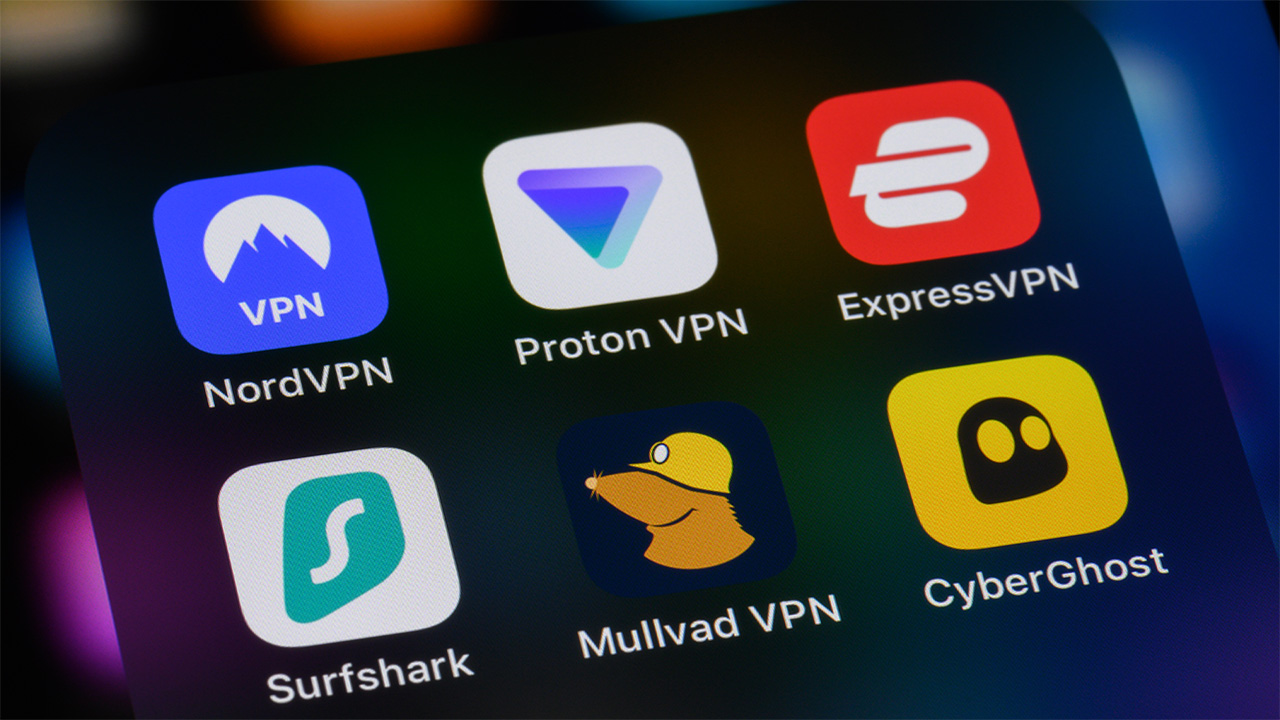
But VPNs alone can't protect you from every single piece of data collection or trackers. Therefore, using a dedicated tracker blocker alongside a VPN is a great way to ensure your data is not tracked.
These products often include an ad-blocker as well, with Ghostery and uBlock Origin being some popular choices.
Google Chrome has recently U-turned on its use of trackers. Considering its global popularity, there will be many people who could benefit from tracker protection.
Switch to a secure browser
Surfshark's research shows Brave is a safe choice for those seeking a more familiar browsing experience. Its design is similar to Chrome and it's packed full of features. Despite having the capability of collecting a little more data, Opera is also a good choice for those looking to increase privacy due to its clear, consent-based model.
For total anonymity, the Tor Browser is best. However, its speeds are not the fastest and you won't get nearly as many features as mainstream browsers.
Vivaldi is a browser Surfshark didn't analyze but it's another solid privacy-focused choice. Vivaldi has also partnered with Proton VPN, and Proton VPN Free is now offered as a Vivaldi browser extension.
Mullvad VPN has built its own browser, in partnership with the Tor Project. Mullvad is one of the most private VPNs and its browser is no different. It's also open source and free to use – whether you're a Mullvad VPN user or not.
We test and review VPN services in the context of legal recreational uses. For example: 1. Accessing a service from another country (subject to the terms and conditions of that service). 2. Protecting your online security and strengthening your online privacy when abroad. We do not support or condone the illegal or malicious use of VPN services. Consuming pirated content that is paid-for is neither endorsed nor approved by Future Publishing.

George is a Staff Writer at Tom's Guide, covering VPN, privacy, and cybersecurity news. He is especially interested in digital rights and censorship, and its interplay with politics. Outside of work, George is passionate about music, Star Wars, and Karate.
You must confirm your public display name before commenting
Please logout and then login again, you will then be prompted to enter your display name.
 Club Benefits
Club Benefits










